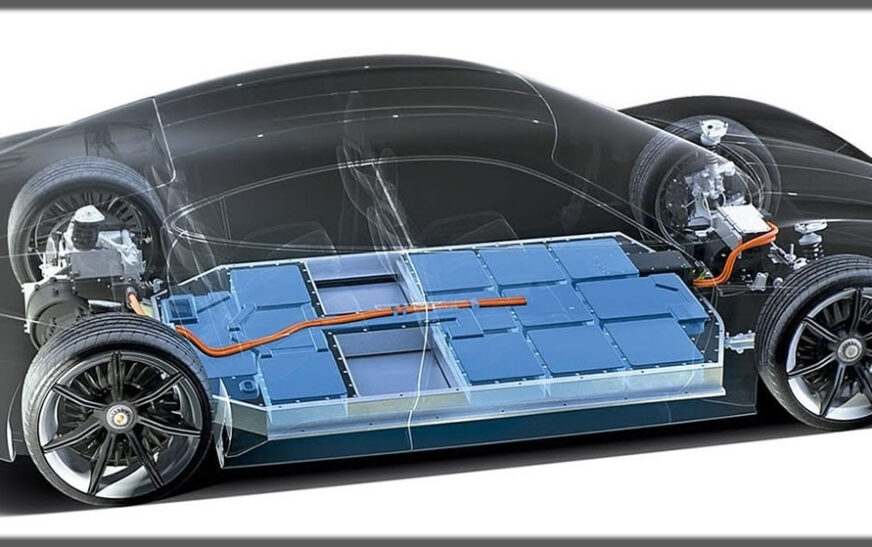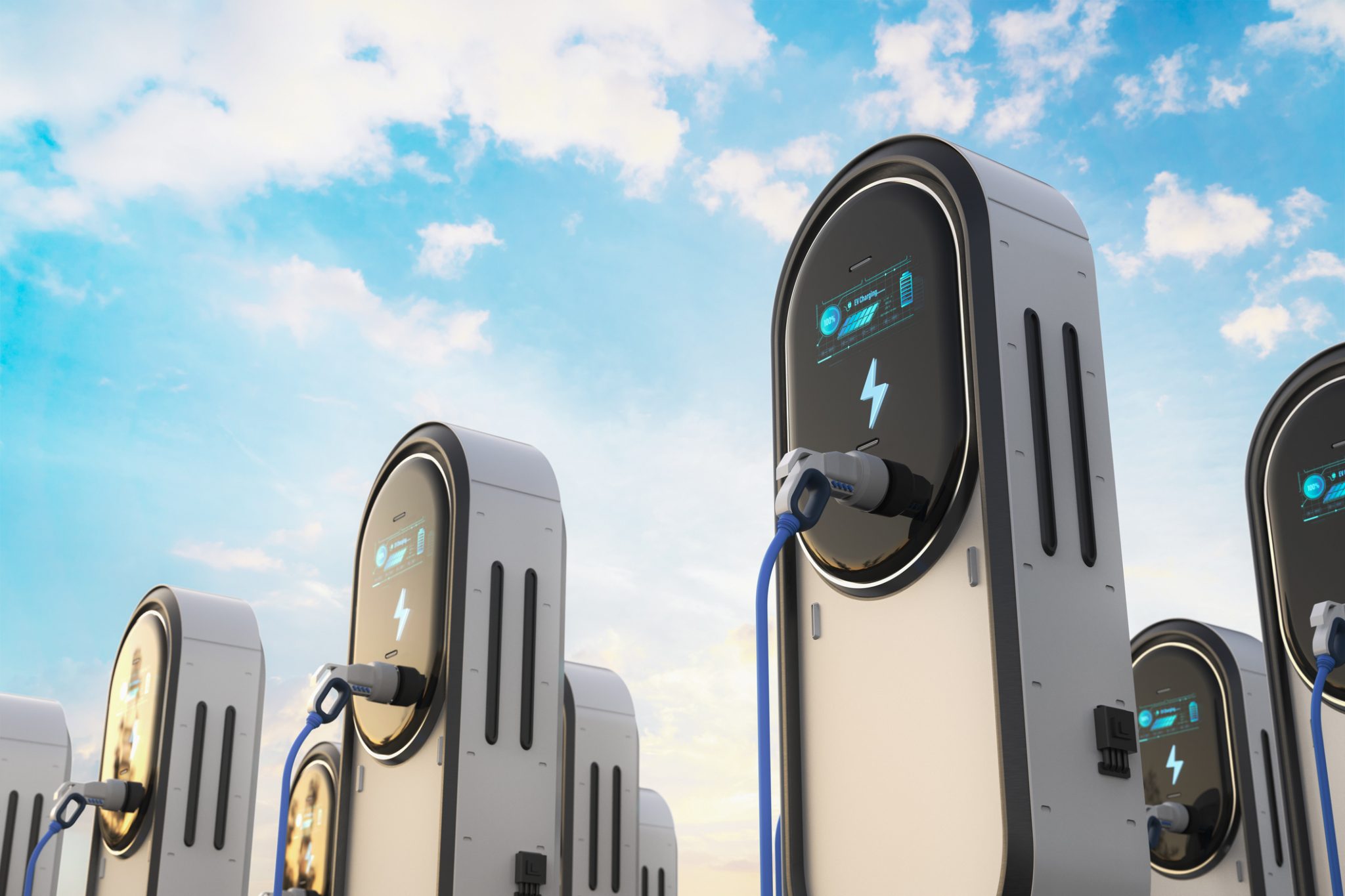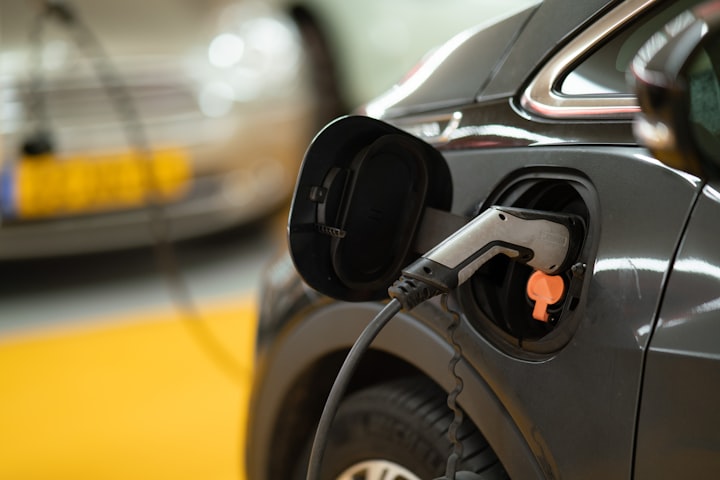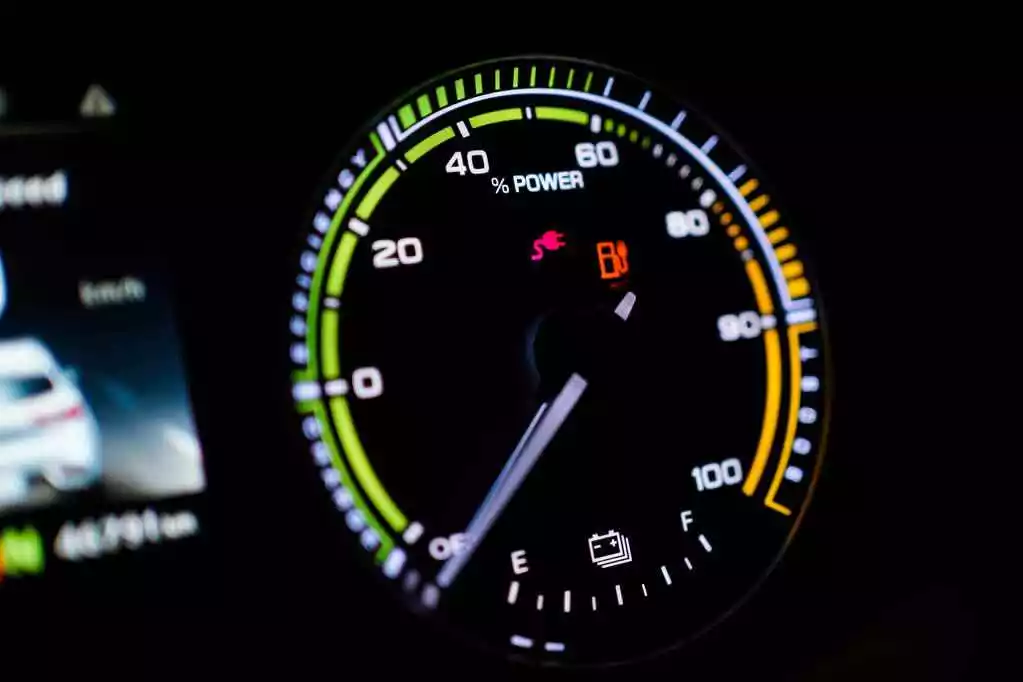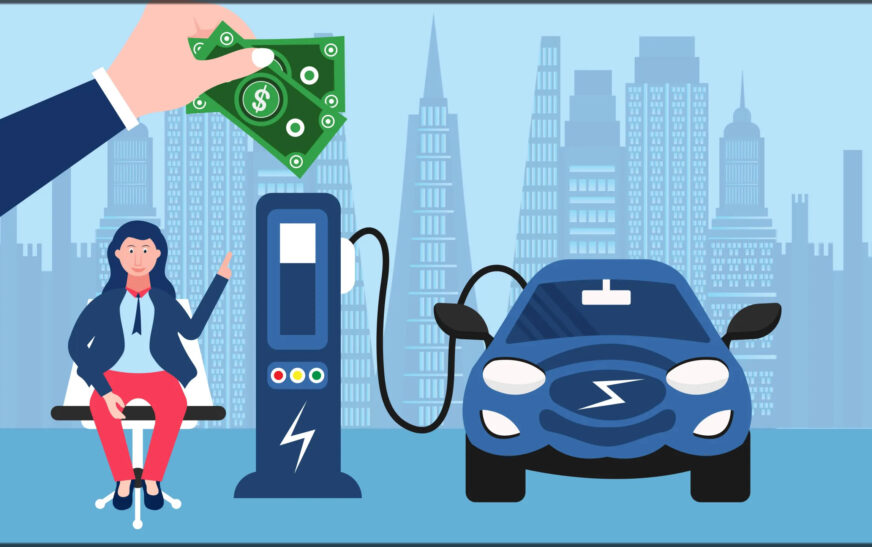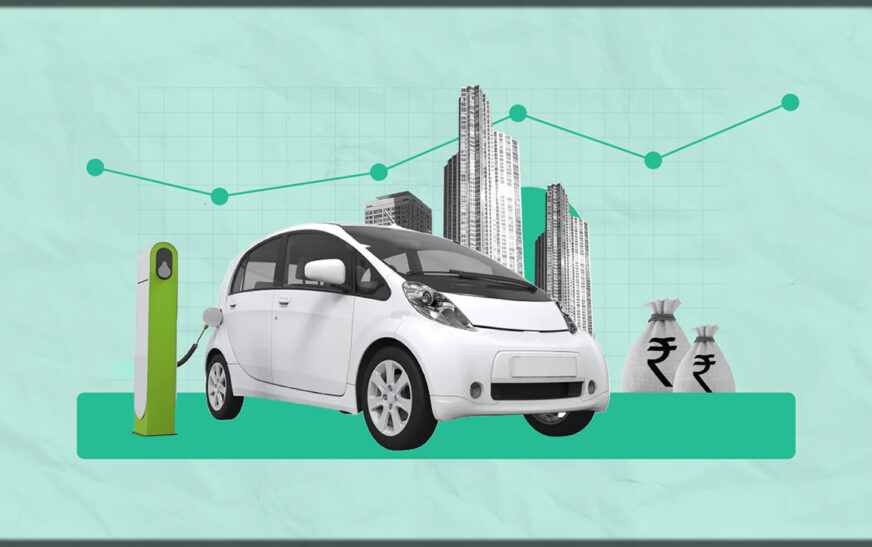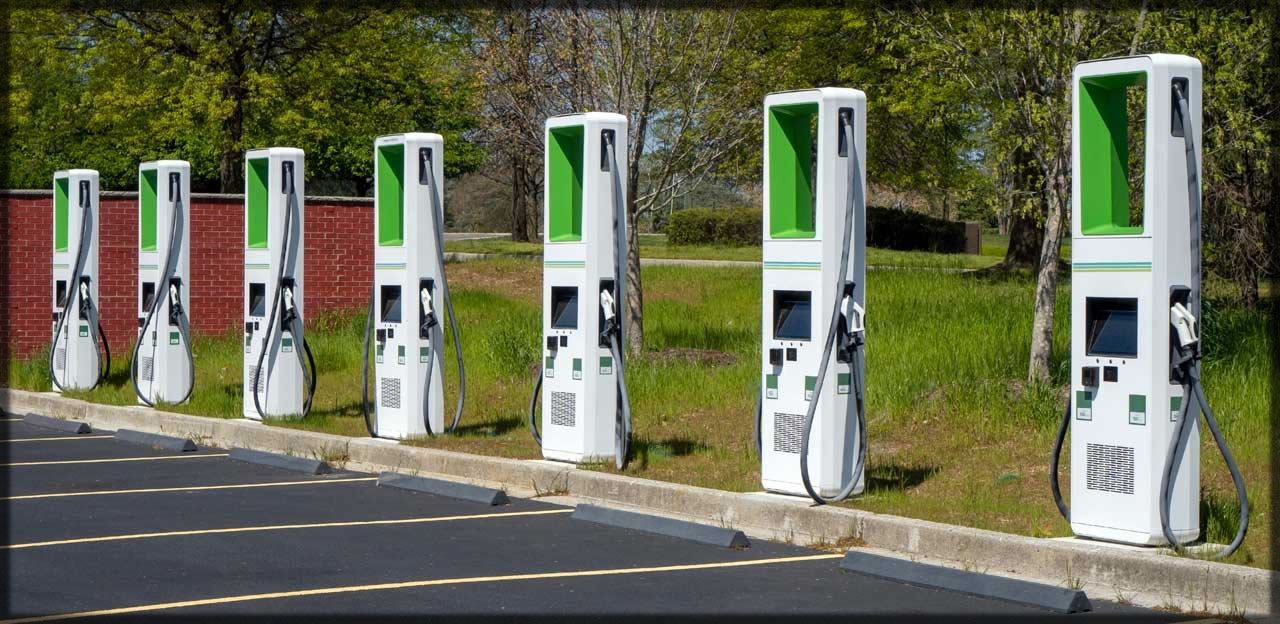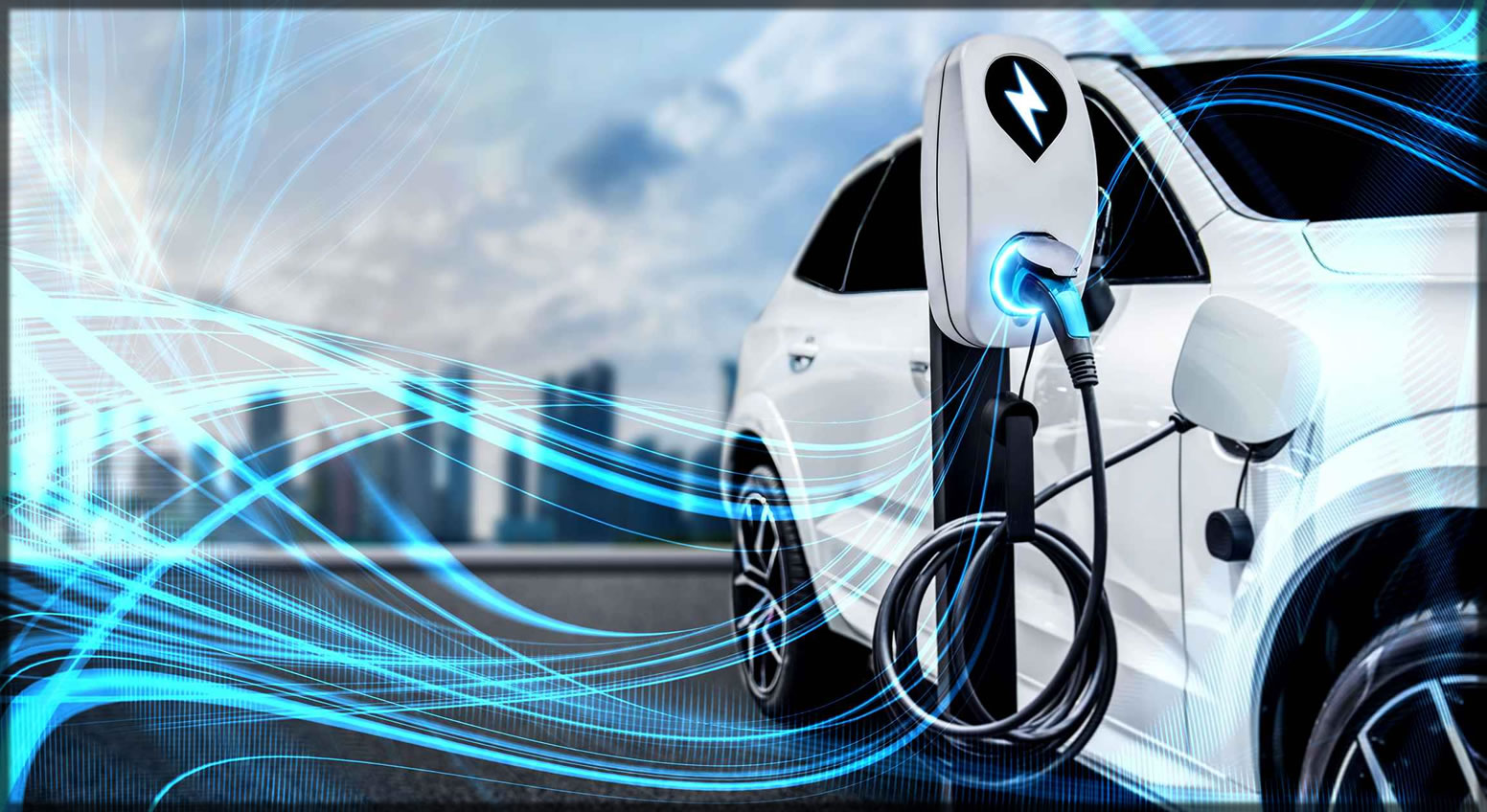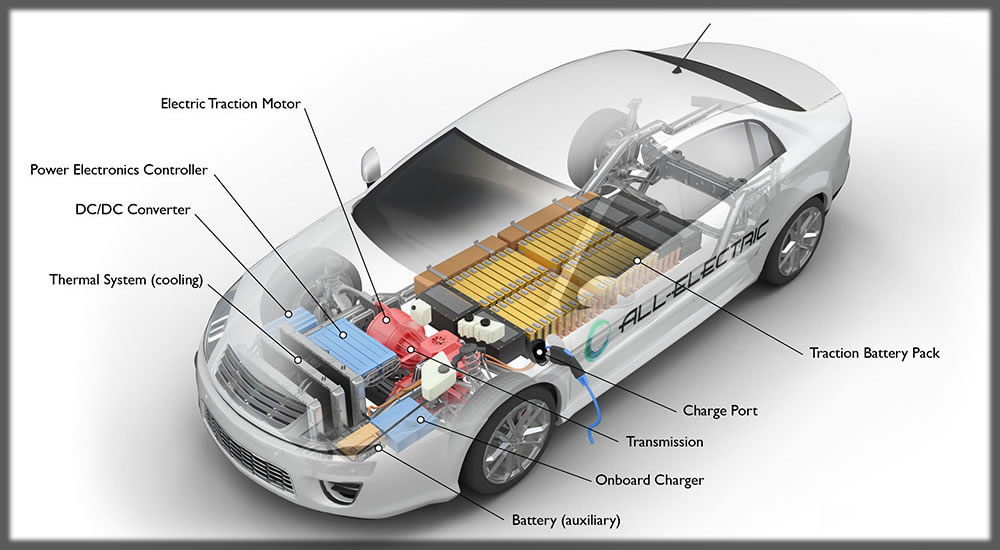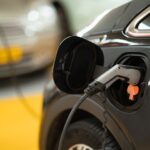The Future of EV Batteries: Innovations to Watch. Electric vehicle (EV) battery technology is advancing at an unprecedented rate, driven by the need for longer ranges, faster charging, greater durability, and sustainability. As the demand for EVs grows, researchers and automakers are focused on revolutionizing battery technology to make electric vehicles more efficient, cost-effective, and environmentally friendly. Over the next decade, significant advancements in battery chemistry, charging speeds, energy density, and recycling processes are expected to reshape the industry. This article explores the key innovations in EV batteries that will shape the future of transportation.
Advancements in Lithium-Ion Battery Technology
Lithium-ion (Li-ion) batteries have been the gold standard in EVs for years due to their reliability, efficiency, and relatively high energy density. However, they still face challenges such as high production costs, resource scarcity, and limited lifespan. To address these issues, researchers are improving Li-ion batteries by:
- Enhancing Energy Density: Increasing the amount of energy stored per unit of battery weight, enabling longer ranges without increasing battery size.
- Silicon Anodes: Replacing traditional graphite anodes with silicon, which can store up to ten times more lithium, significantly boosting battery capacity.
- Advanced Electrolytes: Developing new electrolyte formulations that improve efficiency and prevent overheating or battery degradation.
- Fast-Charging Improvements: New fast-charging Li-ion batteries capable of reaching 80% charge in under 15 minutes are being tested, reducing downtime for drivers.
These enhancements are expected to improve EV range, reduce battery weight, and increase overall efficiency, making electric vehicles more practical and convenient for consumers.
Solid-State Batteries: A Game-Changer for EVs
One of the most promising innovations in EV battery technology is solid-state batteries. Unlike conventional Li-ion batteries, which use liquid electrolytes, solid-state batteries rely on solid electrolytes, offering numerous advantages:
- Higher Energy Density: Solid-state batteries can store more energy in a smaller space, potentially increasing EV range by 50% or more.
- Faster Charging: These batteries enable ultra-fast charging, reducing charging times to minutes instead of hours.
- Longer Lifespan: With less degradation over time, solid-state batteries could last significantly longer than traditional Li-ion batteries.
- Improved Safety: Solid electrolytes eliminate the risk of battery fires caused by liquid electrolyte leaks or short circuits.
Companies like Toyota, QuantumScape, and BMW are investing heavily in solid-state battery research, with commercial production expected within the next five to ten years. The widespread adoption of solid-state batteries could mark a turning point in EV technology, making electric cars more reliable and efficient than ever before.
Lithium-Sulfur Batteries: A High-Capacity Alternative
Lithium-sulfur (Li-S) batteries are another emerging technology that promises to revolutionize EV performance. These batteries use sulfur instead of expensive and scarce metals like cobalt and nickel, making them more cost-effective and environmentally friendly.
Key advantages of lithium-sulfur batteries include:
- Higher Energy Storage: Li-S batteries have the potential to store up to five times the energy of Li-ion batteries, drastically increasing EV range.
- Lower Cost: Sulfur is abundant and inexpensive, reducing the overall cost of battery production.
- Reduced Environmental Impact: By eliminating the need for rare and environmentally damaging materials, Li-S batteries offer a greener alternative to conventional battery technologies.
However, lithium-sulfur batteries currently face challenges such as rapid degradation and shorter lifespan. Researchers are working to improve their durability by developing advanced cathode materials and stabilizing the battery structure. Once these issues are resolved, Li-S batteries could become a viable alternative to Li-ion batteries.
Cobalt-Free and Sustainable Battery Materials
The EV industry is actively seeking alternatives to cobalt, a key material in traditional lithium-ion batteries that is expensive and often sourced under unethical mining conditions. Manufacturers are developing cobalt-free batteries using alternative materials such as:
- Lithium Iron Phosphate (LFP) Batteries: These are already gaining popularity due to their affordability, longevity, and thermal stability, though they have slightly lower energy density than cobalt-based batteries.
- Nickel-Manganese Batteries: These chemistries offer a balance of high energy density and cost-effectiveness while reducing dependency on cobalt.
- Sodium-Ion Batteries: As an emerging low-cost alternative, sodium-ion batteries utilize sodium instead of lithium, making them a more sustainable and widely available option.
By reducing reliance on rare and expensive materials, these advancements will make EVs more affordable while promoting ethical and sustainable battery production.
Ultra-Fast Charging and Wireless Charging Technologies
One of the major barriers to widespread EV adoption is charging time. While current fast chargers can take 30-60 minutes to recharge an EV, new advancements in charging technology aim to reduce this dramatically.
- Extreme Fast-Charging (XFC) Batteries: These next-generation batteries can add hundreds of miles of range in just five to ten minutes, bringing EV charging times closer to the experience of refueling a gasoline car.
- Wireless Charging: Researchers are developing wireless charging stations embedded in roads and parking lots, allowing EVs to charge automatically while parked or even while driving. This technology could eliminate the need for cables and charging plugs, making charging more seamless and convenient.
- Bidirectional Charging (Vehicle-to-Grid Technology): Future EVs will be able to discharge power back into the grid, enabling owners to use their cars as backup power sources for homes and businesses.
These advancements in charging infrastructure will make EVs more practical for daily use and long-distance travel.
Recycling and Second-Life Applications for EV Batteries
As EV adoption increases, so does the need for efficient battery recycling and repurposing. Companies are developing advanced recycling techniques to recover valuable materials from old batteries, reducing environmental waste and lowering the cost of new battery production.
- Battery Recycling Innovations: Companies like Redwood Materials and Li-Cycle are pioneering processes to recover lithium, nickel, and cobalt from used batteries, reducing reliance on newly mined materials.
- Second-Life Applications: EV batteries that are no longer suitable for vehicles can still be used for energy storage in homes, businesses, and power grids. These second-life applications extend the lifespan of batteries and support renewable energy integration.
By improving recycling processes and repurposing old batteries, the industry can create a more sustainable and circular battery economy.
The Role of Artificial Intelligence in Battery Management
Artificial intelligence (AI) is playing a crucial role in optimizing battery performance and lifespan. AI-powered battery management systems (BMS) analyze real-time data on battery health, charging patterns, and temperature to:
- Maximize Efficiency: AI can optimize energy distribution, ensuring that batteries are used in the most efficient way possible.
- Prevent Degradation: Predictive analytics can identify potential battery issues before they occur, extending battery life.
- Enhance Safety: AI can monitor and adjust battery temperature, preventing overheating and reducing the risk of fires.
As AI technology continues to evolve, it will help improve EV performance, making electric cars smarter and more efficient.
Hydrogen Fuel Cells: A Complementary Technology
While battery-electric vehicles dominate the market, hydrogen fuel cell technology is also being explored as a complementary solution, especially for long-haul trucks and heavy-duty applications. Hydrogen fuel cells offer:
- Fast Refueling Times: Unlike battery charging, hydrogen refueling takes just a few minutes.
- Longer Driving Ranges: Hydrogen-powered vehicles can travel longer distances between refueling stops.
- Lower Battery Dependency: Fuel cells reduce the need for large battery packs, helping address raw material shortages.
Despite these benefits, challenges such as hydrogen production, storage, and infrastructure development still need to be overcome before fuel cells see widespread adoption.
Conclusion
The future of EV batteries is filled with exciting innovations that will redefine the electric vehicle industry. Solid-state, lithium-sulfur, and cobalt-free batteries promise longer ranges, faster charging, and increased sustainability. Advancements in recycling and second-life applications will make EVs even more eco-friendly. Wireless and ultra-fast charging technologies will improve convenience, while AI will optimize battery management. These developments will drive the global shift toward cleaner, more efficient, and more accessible electric transportation. As research continues, EV batteries will only become better, paving the way for a greener future.

